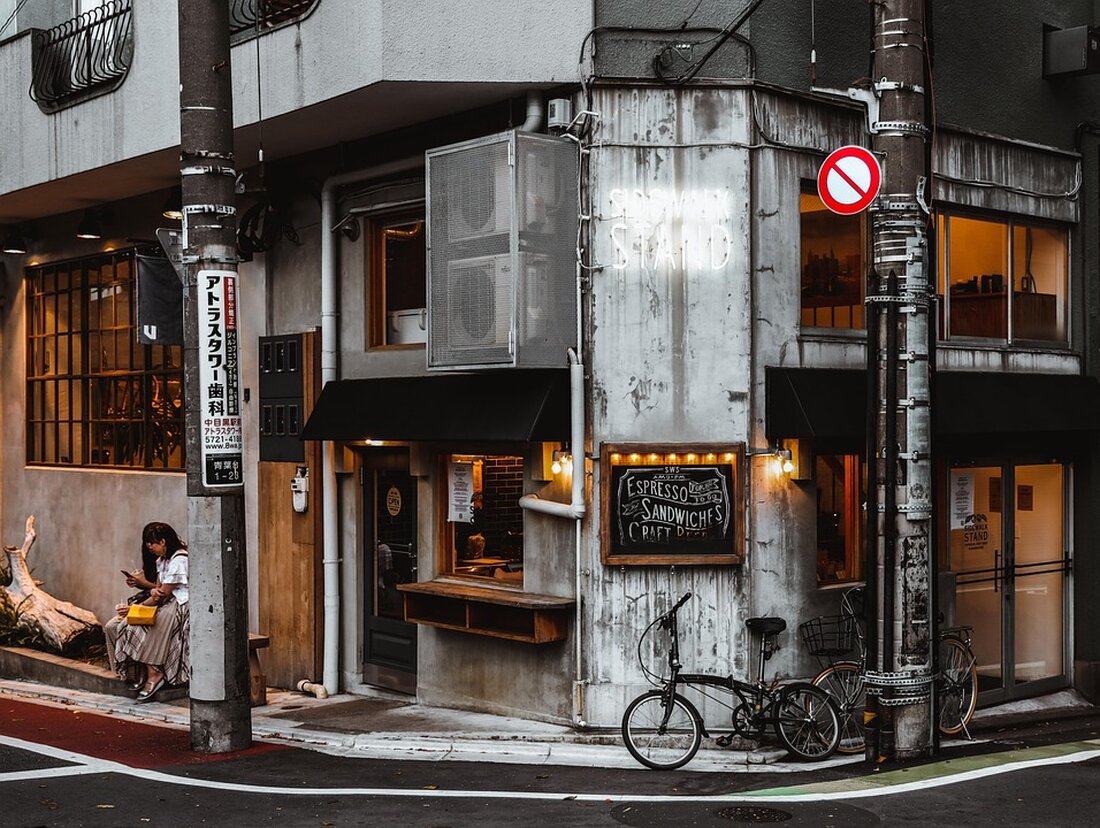Travel warning for Japan: Be careful in Fukushima regions!
The Foreign Office warns against traveling to the Fukushima region of Japan. Caution recommended for affected areas.

Travel warning for Japan: Be careful in Fukushima regions!
Japan expects a new tourism record in 2025, after around 36.8 million foreign guests visited the country in 2024. Despite this positive development, the Foreign Office in Germany has issued a partial travel warning for certain regions in Japan. The warning particularly affects areas around the Fukushima Daiichi nuclear power plant in the northeast of the main island of Honshu, some of which are considered uninhabitable after the devastating reactor accident in March 2011.
Affected communities include Futaba, Iitate, Katsurao, Minamisōma, Namie, Okuma and Tomioka. Although progress has been made in decontamination, some zones remain closed. The Federal Office for Radiation Protection recommends that travelers only visit these regions after prior arrangement and with extreme caution. The safe handling of trips to unaffected areas remains to be emphasized: These are harmless from a radiological point of view.
Background to the travel warning
The 2011 accident occurred after a devastating seaquake and subsequent tsunami struck the east coast of Japan, triggering a series of accidents at the Fukushima Daiichi nuclear power plant. This disaster killed around 18,500 people and around 470,000 people had to be evacuated due to radioactive contamination. Investigations into the condition of the reactors continue to this day, and the complete unloading of the remaining fuel elements from the fuel pools is expected to be completed by the end of 2031.
In 2024, an efficient protective barrier against tsunamis was also completed, which is intended to further strengthen the region's security precautions.
Travel options and safety information
There are helpful recommendations for travelers who want to visit Japan. These include subscribing to the newsletter or using the “Sicher Reisen” app. It is advisable to register on the crisis preparedness list and continually follow the news and weather reports. Adequate travel health insurance coverage should also be taken into account.
The domestic political situation in Japan is considered stable and calm. Demonstrations are rare and crime rates are generally low. However, travelers should be wary of petty crime in larger cities and be aware that acts of violence are rare, but scams and attacks are possible in tourist nightlife areas.
Japan is also an earthquake-prone country with around 1,500 earthquakes recorded every year. 47 active volcanoes are constantly monitored and there may be increased warning levels for some volcanoes. Travelers should also prepare for possible typhoons and blizzards, which can cause significant damage.
Practical information for travelers
Public transport connections in Japan are excellent. However, travelers must observe special traffic regulations, such as driving on the left and the strict ban on alcohol. Motorway speed limits are 80 and 100 km/h, and driving requires a Japanese translation of the driver's license.
To stay in Japan, German citizens only need a valid passport or a children's passport for short stays of up to 90 days. In addition, standard vaccinations should be up to date, although no vaccinations are required for entry. International health insurance is recommended and all animal protection regulations must be observed, especially for the import of dogs and cats.
For further information please refer to the relevant websites including: t online and Foreign Office.

 Suche
Suche
 Mein Konto
Mein Konto